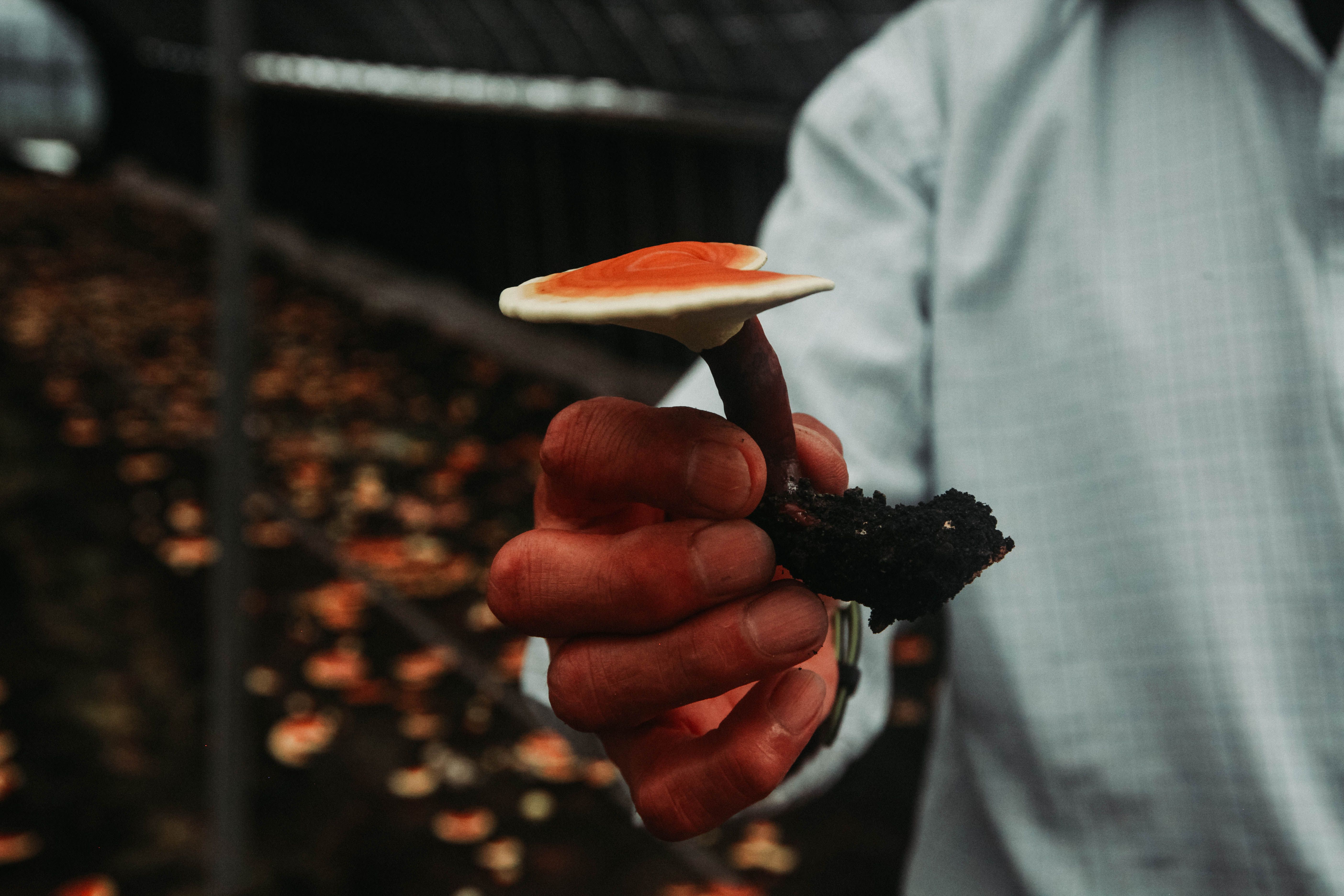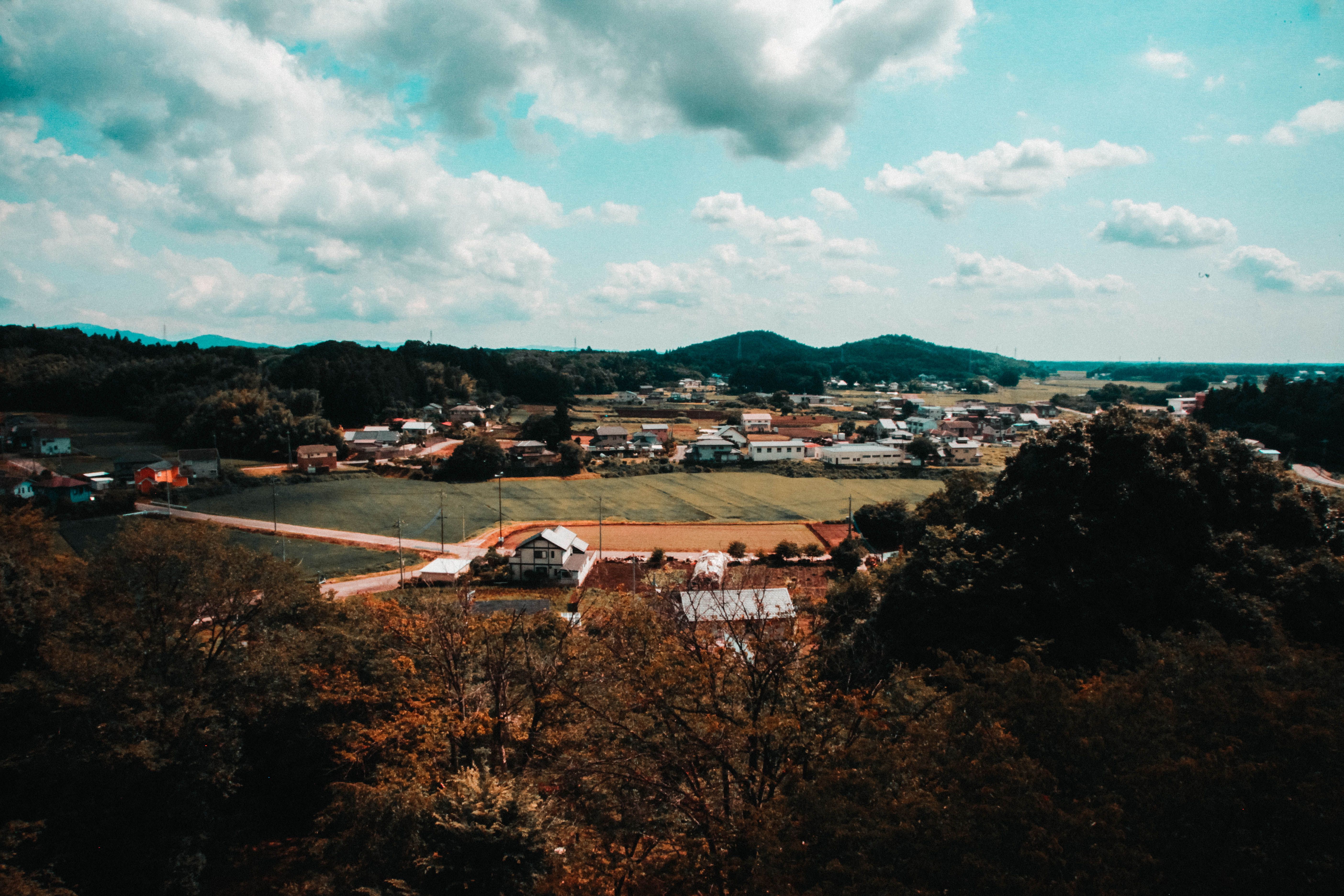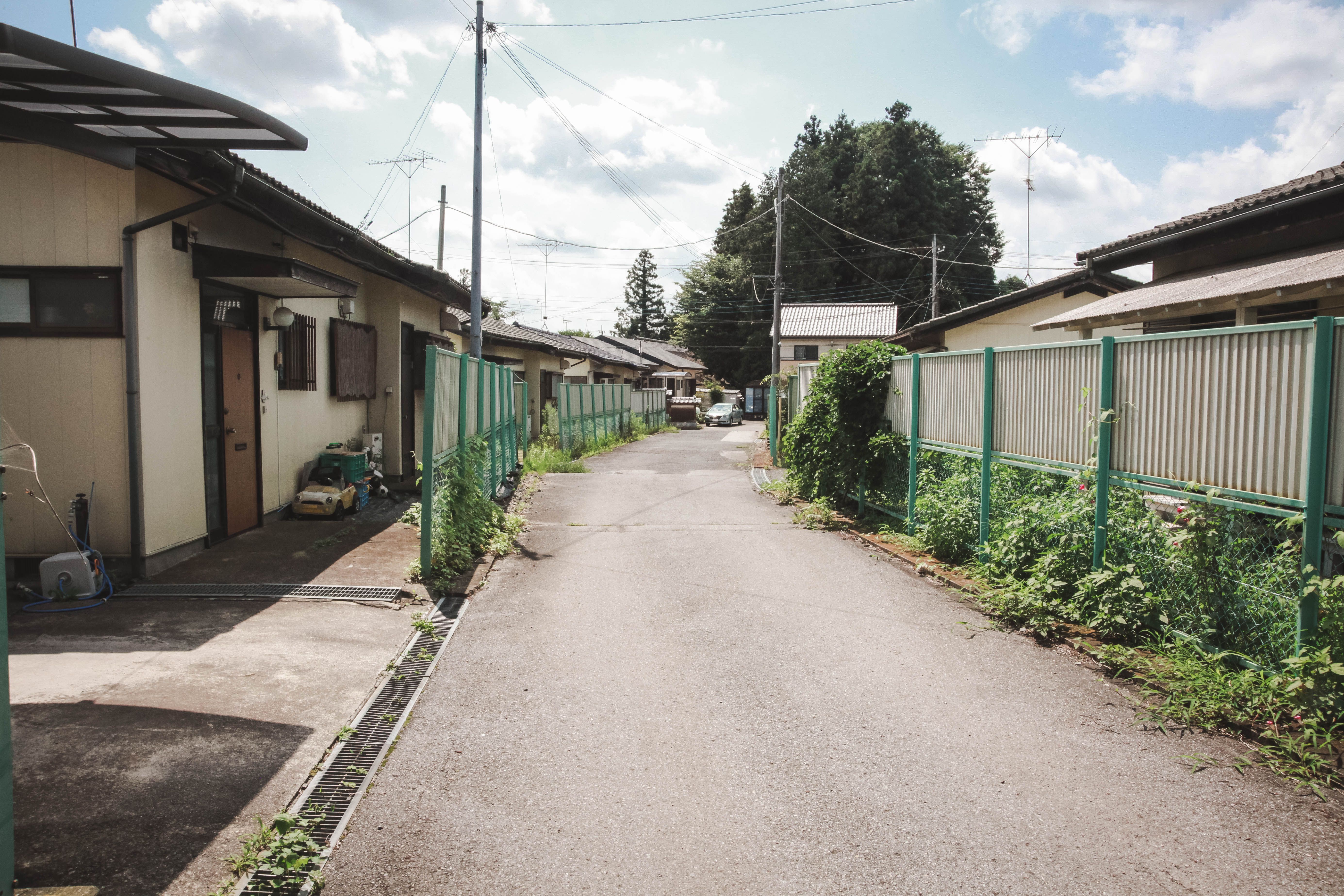Every 65 seconds, someone in the United States is diagnosed with Alzheimers or another form of dementia. More than 5.8 million people in the U.S. are currently living with dementia according to the Alzheimer's Association. While this statistic may be jarring to hear, this is not a new problem for Japan. 4.6 million people are currently living with dementia in Japan, and the strain it has been taking on the medical community is escalating, leaving many families without the option of professional end of life care.
In Japan, the number of people over the age of 65 accounts for a quarter of the domestic population. By 2025, one in every five people over the age of 65 is expected to have dementia, according to the Bright Focus Foundation, an organization that funds scientific research on Alzheimer’s and dementia worldwide. Dementia is a terminal illness with no cure, and as the disease advances through the mind of those who have it, the end of life care can become increasingly difficult to handle.
In Japan, there has been a shift in the overall emphasis on community care. While Japan does have nursing homes and in-home caretakers available, the plight of dementia has become so severe that their society has decided to step forward by creating communities to assist in this epidemic. That being said, more often than not, the responsibility of care falls on the youngest family member. This burden frequently causes immense amounts of stress—stress that can often lead to violence.
Etsuko Yuhara, an associate professor in the Faculty of Social Welfare at Nihon Fukushi University, says that there have been at least 672 murder cases during the past 17 years, accounting for about 4 percent of the total number of homicides in Japan. Stress is an important factor. It is estimated that a family caring for a person with dementia will have to put in roughly 1,300 hours of work per year. This averages a loss of ¥3.8 million a year per family. Along with a loss of income, these family members tend to lose touch with society as taking care of someone with a cognitive disease, such as dementia, can be extremely demanding and taxing. Professor Masao Mori, the chairman of the Improved Dementia Association of Japan, comments on how the violence has increased. “It is very sad, families are growing very frustrated with the illness. I hear too frequently about families killing those diagnosed in response.”
Mori, along with his team, has been working hard to create preventive care that can help diseases, such as dementia. “I want the world to be dementia-free. That is a lofty goal, but that is my goal.” Mori has started growing a mushroom called Reishi, that is expected to help the memory of patients who are starting to exhibit symptoms of dementia. He has formatted the mushroom into a supplementive pill called Kouka, for the elderly to take up to four times a day to increase their cognitive memory. “The mushroom helps the circulation of capillary blood flow to the brain.” Mori explains.
Tsumagoi Farm, located in the mountains of Tochigi, is a four-hour drive north of Tokyo. Approaching the farm, you can see ten small greenhouses where the mushrooms are grown. These mushrooms require delicate care, the heads of these can often grow to be about the size of a small frisbee. Once a year, in the summer, a small team of farmers harvest these mushrooms and begin the process of transforming them into the Kouka supplement. Upon arriving, my translator Eric Odle and I were greeted by a modest looking farmer. “I am happy to be helping with this problem of dementia,” says Toru Hoshikawa, the primary caretaker of these mushrooms. Hoshikawa resides in a small home on the property in order to attend to the crops all year. “Too many people I know and love have suffered from it. I even take the supplements!”
Along with preventative care, Japan has also been working for the last decade on “normalization.” Instead of putting those with mental handicaps away and out of view from society, they want society to become a part of the solution. This is a new idea that led to the proposal of a new program titled “The Orange Plan.” To learn more about normalization, I sat down with the Mayor of Ichikai, who has been trying to stop the spread of dementia within his own town.
“The new "Orange Plan' is a ministry of health, labour and welfare policy meant to better the lives of those with dementia,” says Masaaki Irino, Mayor of Ichikai, where the goal is to become dementia free within the next 10 years. The community is small and quiet, now home to a growing elderly population. “The Orange Plan was created to help forge a community in which those with dementia can live happy lives,” says Irino. While the Orange Plan isn’t the answer to solve all of the problems that come with dementia, Irino thinks it is a good place to start. “There are a lot of changes that my town is making. We are building more health facilities where patients can participate in memory exercises, incorporating the Kouka in their diets, and educating the community so they can be more supportive.” Ichikai isn’t the only town that is implementing the Orange Plan. However, it is the first town that is working closely with Mori and his team to incorporate the Kouka into the preventative daily care of the town's residents.
When asked about Kouka's effectiveness, Dr. Masaru Takahashi, the president of Tokyo’s Pharmaceutical Association, said it was a wonderful supplementive pill. “There is not one answer to curing dementia. Kouka, paired with other cognitive exercises and other memory supplements, can be very effective in regaining memory,” he says. Takahashi’s mother, age 90, also suffers from dementia. “Her mood has changed dramatically since taking the [Kouka]. Other supplements and medications caused her depression and changed her brain chemistry too much,” he adds.
Dementia is a neurocognitive disease that is irreversible once diagnosed. This is a problem that is slowly affecting the world around us, and will eventually take a toll within our own communities. As Mori says, “It is the hardest thing to watch—dementia taking over an entire family. There is no clear answer, but we have to start somewhere.”









